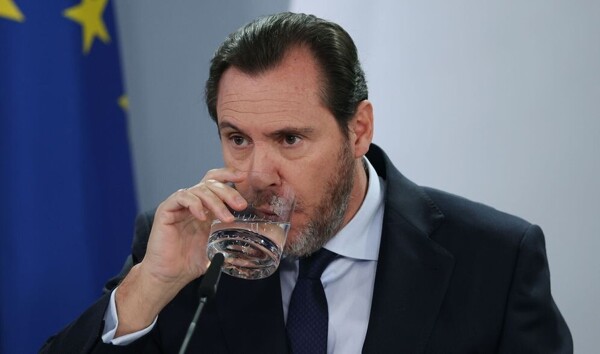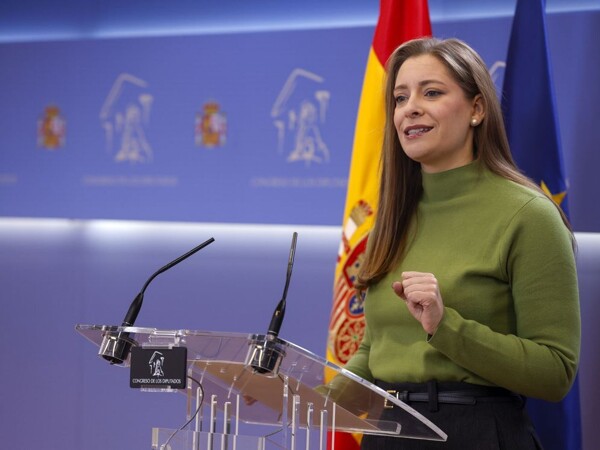The government of the Madrid region, led by the Popular Party, has expressed its disagreement over the screening of films critical of Nicolás Maduro's Administration at the Casa de América in Madrid. This cycle generated discomfort among Venezuelan groups residing in Madrid. Critical works have been screened, and meetings with journalists and exiled Venezuelans have been organized.
The suspension of the screening of three films in this film cycle promoted by the Venezuelan embassy in Spain has triggered a series of reactions. The regional government and the Deputy Mayor of Madrid, both from the Popular Party, have expressed their discontent, considering it unacceptable to present films that glorify a dictatorial regime. Anti-Chávez organizations and the Committee of Family and Friends for the Freedom of Political Prisoners requested reconsideration of the activity.
Venezuela has rejected the suspension of the screenings, labeling the action as censorship. The Venezuelan Minister of Culture has criticized Spanish authorities for yielding to pressure from the right and suspending the originally scheduled film showcase. The Venezuelan ambassador in Spain confirmed the measure taken.
The film cycle, titled 'Cinema and Memory: The Voice of the People and the Struggle for Sovereignty', was scheduled between March 17 and 24. Following the suspension, several instances of Spanish civil society have contacted the Venezuelan embassy to organize alternative screenings. The director of Casa América had previously explained that they lend their space for screening films, even if they may be controversial. The films affected by the suspension are 'Operation Orion' (2018), 'Alí Primera' (2024), and 'The Battle of the Bridges' (2020).
Amidst this controversy, the pressure from Isabel Díaz Ayuso, the head of the Madrid government, as well as actors from the Venezuelan right, has been mentioned as determining factors in the suspension of the screenings.














